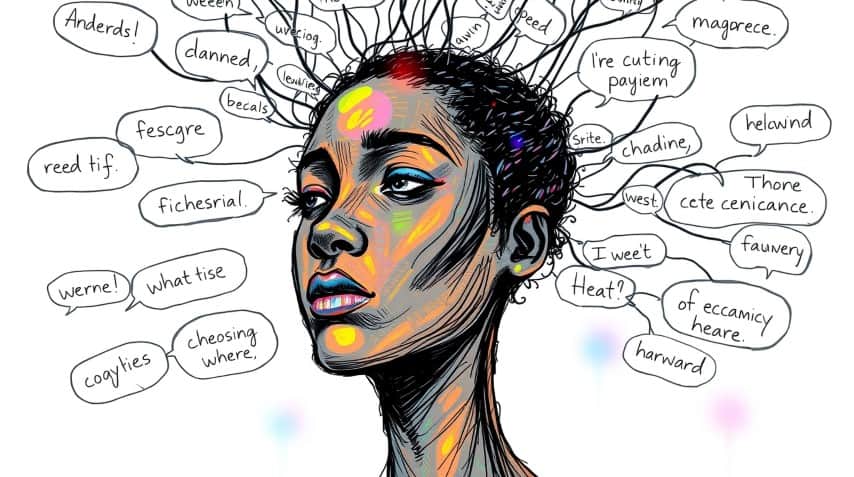We asked the question – Is lying the new normal – Today’s society is a complex one, sparking debate and raising concerns across various aspects of life… While it’s difficult to provide a definitive answer, examining the trends and perceptions surrounding honesty and dishonesty can offer valuable insights.

The Perception of Increased Dishonesty: Why It Feels Like Everyone’s Lying
Many people feel that lying and dishonesty are more prevalent today than in the past. Several factors contribute to this perception:
- The Digital Age and Amplified Visibility: Social media and the internet have created an environment where instances of dishonesty, whether intentional or unintentional, can be rapidly amplified and widely disseminated. News cycles often focus on scandals and untruths, potentially skewing our perception of overall honesty.
- Erosion of Trust in Institutions: Public trust in traditional authorities like government, media, and corporations has been declining. This can lead to a generalized feeling that dishonesty is widespread and systemic.
- Curated Online Personas: The pressure to present an ideal image online can lead to exaggeration, embellishment, and even outright fabrication of experiences on social media platforms.
- Political Discourse and Misinformation: Concerns about the spread of misinformation and deliberate falsehoods in political discourse are rampant. This can contribute to a sense that truth itself is becoming fluid and unreliable.
The Role of Accountability: Are We Letting Lies Slide? Is lying the new normal
As you previously pointed out, a crucial aspect of this issue is the accountability (or lack thereof) for dishonest behavior. If individuals and institutions are not consistently held responsible for the lies they tell, it can create a dangerous cycle:
- Reinforcement of Dishonest Habits: When lies achieve their intended purpose without negative consequences, the incentive to be truthful can diminish.
- Undermining Trust and Social Cohesion: A lack of accountability can erode the foundation of trust that is essential for healthy relationships and a functioning society.
- Normalization of Deception: If lying becomes commonplace and rarely challenged, it risks becoming a more accepted or tolerated behavior.
Examples of Potential Lack of Accountability:
| Context | Potential Lack of Accountability |
|---|---|
| Social Media | Spreading misinformation with little to no repercussions on some platforms. |
| Politics | Politicians making false statements with limited consequences for their careers or public image. |
| Business | Companies engaging in misleading advertising or practices without significant penalties. |
| Personal Life | “White lies” becoming so ingrained that they are rarely questioned. |
Honesty Still Matters: Countering the Narrative
Despite the concerns, it’s important to remember that honesty remains a fundamental value for the vast majority of people. Many interactions in our daily lives are still based on trust and truthfulness. Furthermore, there are ongoing efforts to combat misinformation and promote ethical behavior:
- Fact-Checking Initiatives: Organizations dedicated to verifying information and debunking falsehoods are becoming increasingly important.
- Emphasis on Ethical Education: Schools and institutions are often working to instill values of honesty and integrity in individuals.
- Community Standards and Moderation: Many online platforms are implementing stricter rules and moderation policies to address harmful and misleading content.
The Psychological Toll of a Dishonest Culture
Living in a culture where dishonesty feels pervasive can have subtle but profound psychological effects. When individuals begin to question the sincerity of others—or feel pressure to bend the truth themselves—it can lead to increased anxiety, cynicism, and emotional fatigue. Constant exposure to misleading content and manipulated realities may distort one’s sense of what’s real, eroding personal confidence and trust in others.
For younger generations growing up in this environment, the blurred line between authenticity and performance may impact self-esteem and interpersonal relationships. In professional settings, a workplace culture that tolerates dishonesty can diminish morale and collaboration, creating environments where people feel unsafe to speak the truth. While lying may sometimes appear to be a shortcut to success or acceptance, the long-term consequences often outweigh the short-term gains.
Rebuilding a sense of collective integrity means not only holding others accountable but also committing to self-awareness and honest communication in our everyday lives.
Conclusion: Navigating the Complexities of Truth in the Modern World
Ultimately, whether lying is truly the “new normal” is a complex question with no easy answer. While there are valid reasons to be concerned about the prevalence and impact of dishonesty in modern society, it’s crucial to avoid generalizations and acknowledge the continued importance of truth and integrity. Focusing on accountability and fostering a culture that values honesty are essential steps in navigating the complexities of truth in our ever-evolving world.
For more amazing articles continue reading – https://thebestallround.com/blog/




